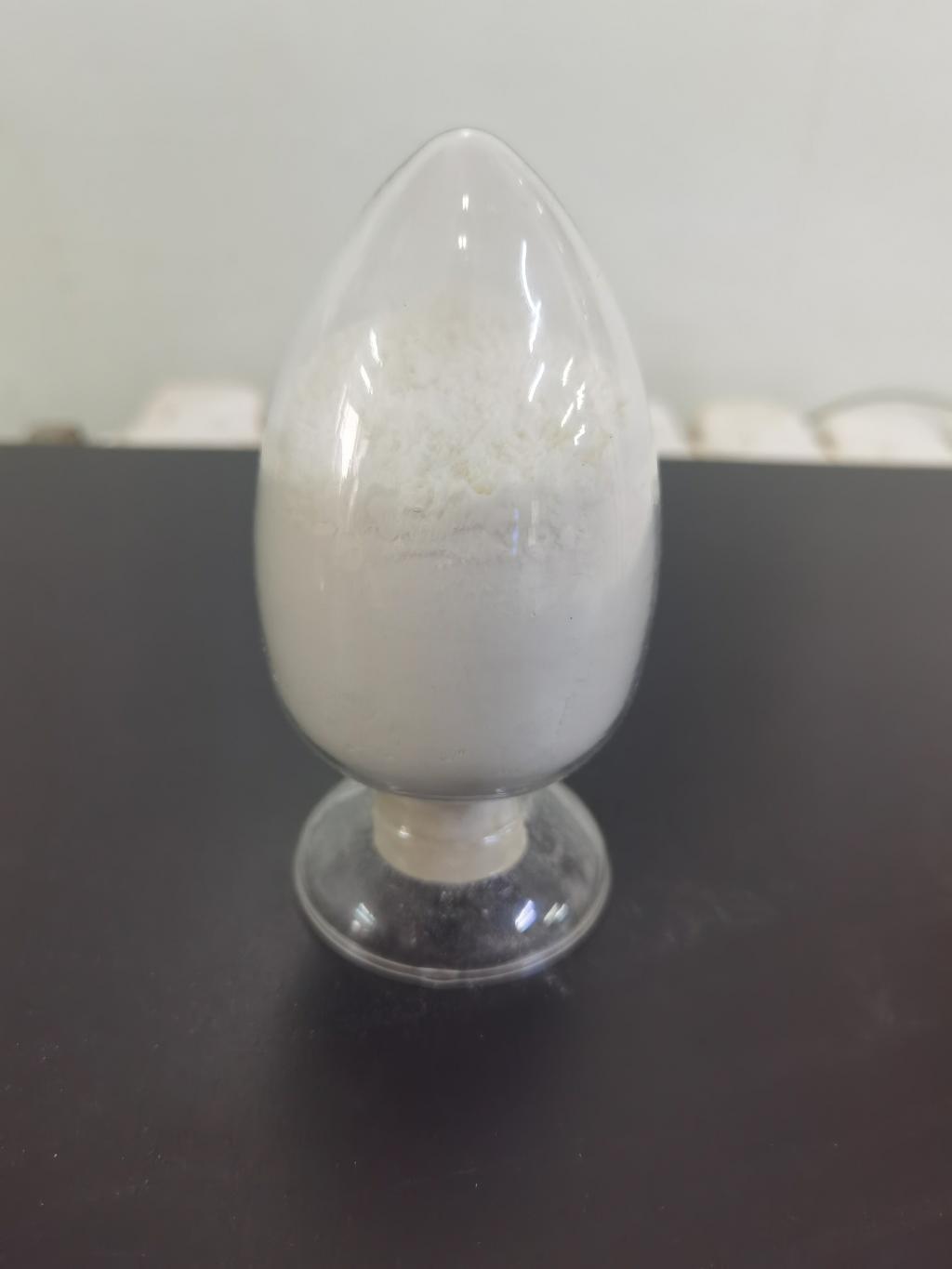Tel:+8618231198596

News
 CONTACT
CONTACT
 CONTACT
CONTACT
- Linkman:Linda Yao
- Tel: +8618231198596
- Email:linda.yao@dcpharma.cn
- Linkman:CHARLES.WANG
- Department:Overseas
- Tel: 0086 0311-85537378 0086 0311-85539701
News
Current Position:
Home >
News
>ε-Polylysine Hydrochloride's Potential in Cosmetic and Personal Care Products.
ε-Polylysine Hydrochloride's Potential in Cosmetic and Personal Care Products.
TIME:2023-09-06
Understanding ε-Polylysine Hydrochloride
The Natural Origins
ε-Polylysine is a naturally occurring biopolymer produced by strains of Streptomyces albulus. This biodegradable and biocompatible compound is derived from microbial fermentation processes, making it an attractive option for the cosmetics and personal care industry, which increasingly prioritizes natural and sustainable ingredients.
Chemical Structure
ε-Polylysine hydrochloride is a polypeptide composed of multiple lysine units linked by peptide bonds. Its unique structure provides it with various functional properties that make it suitable for a wide range of cosmetic and personal care applications.
Key Properties of ε-Polylysine Hydrochloride
Antimicrobial Activity
One of the standout features of ε-Polylysine hydrochloride is its antimicrobial properties. It exhibits inhibitory effects against a broad spectrum of microorganisms, including bacteria, fungi, and yeasts. This makes it valuable in preventing microbial contamination in cosmetic and personal care products, thereby extending their shelf life and ensuring consumer safety.
Biodegradability
ε-Polylysine is inherently biodegradable, aligning with the growing demand for eco-friendly and sustainable beauty and personal care products. Its environmentally responsible nature positions it as a favorable alternative to synthetic preservatives.
Film-Forming Ability
Another notable characteristic of ε-Polylysine hydrochloride is its film-forming ability. When applied to the skin or hair, it forms a thin, transparent film that provides various benefits, such as moisture retention, protection from external aggressors, and improved product adherence.
Moisturizing Properties
The film-forming ability of ε-Polylysine hydrochloride contributes to its moisturizing properties. It helps lock in moisture, making it an excellent ingredient for skincare and haircare products designed to hydrate and nourish.
Cosmetic and Personal Care Applications
Skincare Products
ε-Polylysine hydrochloride finds applications in skincare formulations such as creams, lotions, serums, and masks. Its antimicrobial properties help prevent the growth of harmful microorganisms in these products, ensuring product safety and longevity. Additionally, its film-forming and moisturizing properties make it valuable for creating hydrating and protective skincare solutions.
Haircare Products
In haircare products like shampoos, conditioners, and styling products, ε-Polylysine hydrochloride can enhance product performance. It contributes to improved hair texture, moisture retention, and overall manageability, all of which are essential aspects of hair health.
Color Cosmetics
Color cosmetics, including foundations, concealers, and eyeshadows, benefit from ε-Polylysine hydrochloride's film-forming capabilities. It helps makeup adhere better to the skin, offering longer-lasting coverage and improved wear throughout the day.
Sunscreens
Sunscreen formulations can also benefit from ε-Polylysine hydrochloride. Its ability to form a protective film on the skin complements the UV-filtering properties of sunscreens, enhancing their efficacy in safeguarding against sun damage.
Challenges and Considerations
Formulation Compatibility
Integrating ε-Polylysine hydrochloride into cosmetic and personal care formulations requires careful consideration of compatibility with other ingredients. Formulators must ensure that it does not interact negatively with other components in the product.
Regulatory Compliance
Compliance with regulatory standards and guidelines is essential when incorporating ε-Polylysine hydrochloride into cosmetic and personal care products. Manufacturers should verify that their formulations meet safety and labeling requirements in different regions.
Consumer Education
Consumer education is crucial to foster acceptance and understanding of ε-Polylysine hydrochloride in cosmetic and personal care products. Transparent labeling and communication about its benefits and natural origin can help build trust with consumers.
Conclusion
ε-Polylysine hydrochloride's potential in cosmetic and personal care products is an exciting development in the industry. Its natural origin, antimicrobial properties, film-forming ability, and moisturizing properties make it a versatile and eco-friendly ingredient that aligns with the evolving demands of consumers for safe, sustainable, and effective beauty and personal care solutions. As research and formulation expertise continue to advance, ε-Polylysine hydrochloride is likely to play an increasingly significant role in enhancing the quality and performance of a wide range of cosmetic and personal care products, contributing to a more vibrant and sustainable industry.
- Tel:+8618231198596
- Whatsapp:18231198596
- Chat With Skype







